May the SCORM be with you!
Why wasn’t SCORM there from the start? If you don’t know what SCORM is, you are probably lucky, and unless you have a good reason to dig into it, I...
2 min read
Gary Peebles
:
Jul 9, 2019 10:12:45 AM
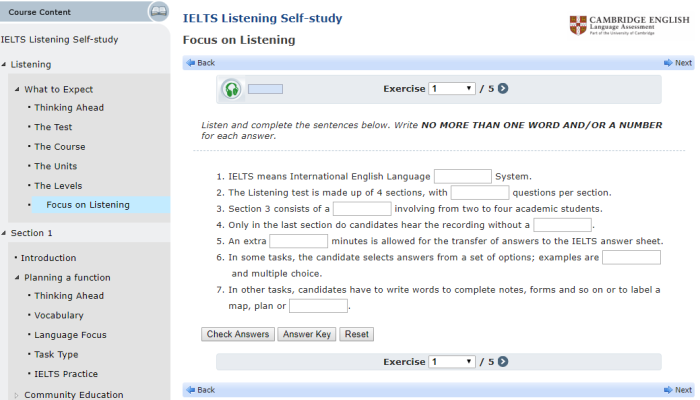
20 years ago, when eLearning was in its infancy, getting content out of a subject matter expert’s head and into an online format was slow, complex, expensive and the result was usually static and boring.
Back then each new idea needed input from at least these roles:
Subject matter expert - This is the person who knew the topic and had some important ideas they wanted to share
Learning designer - Learning designers would take the content that had been delivered in person, work with the subject matter experts, and come up with ways to make the content interesting when delivered through a computer. This was usually done through a number of storyboards that were passed back and forth between the learning designer and subject matter expert.
Developers - Software developers would build the interactions based on the requirements from the Learning and Development (L&D) team.
Technologists - Technologists would work with the learning designers to scope out how the content will actually sit in the available technology.
At Intuto, we used this method between 2000 - 2005 and created thousands of hours of online learning at a cost of around $4k per hour of learning plus $10k a year to deliver it through a Learning Management System (LMS).
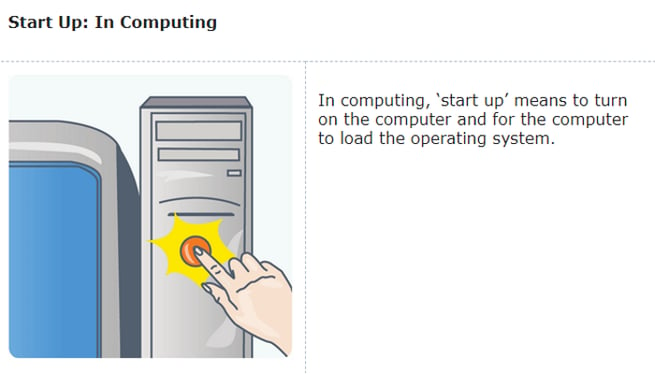
With the creation of a number of technologies such as Flash and Storyline Articulate, technologists were able to create the interactions inside third party tools, reducing the need for software developers’ time. These courses or interactions would then need to be exported (usually in a SCORM package) to be imported into the delivery system, usually a complex LMS.
While an improvement, there was still a gap between the subject matter expert and the final interactive content. The final eLearning product was also still expensive to develop and deliver.
Using primarily Flash and our native content authoring tool (called CATS) between the years 2005-2012 we produced content for many enterprise size customers such as Cambridge University and other public education providers. With improved tools, we were able to produce an hour of interactive eLearning content for closer to $1.5k.
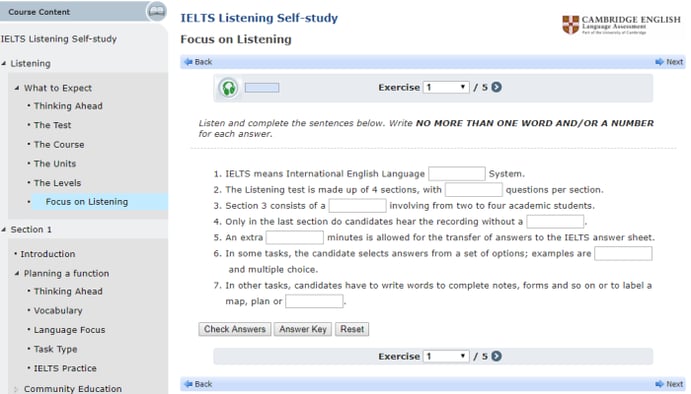
The expense of creating custom content led to many content libraries being created and used. These helped reduce the cost and made it possible for common ideas to be taught in a simple, cheap way.
This model is cost effective, but turns the subject matter experts into a consumer instead of a creator. This is fine for simple concepts that don’t change over time, but doesn’t cater well to the freedom of experts portraying their ideas with their own flair.
We tested this model with a number of English language resources that we sold for ~$50 for a 30 hour course (per user). By far the most requested feature from experts (and therefore roadblock to purchase) was the ability to customise the default content to better match the needs of their unique situation (location, student base, processes etc.).
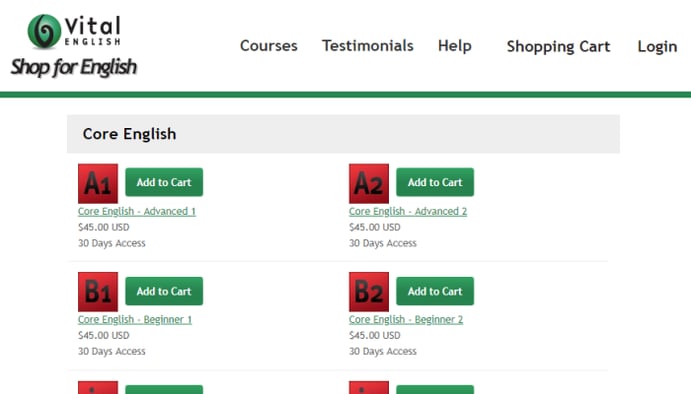
Our experience with this model lead us to focus on how we could bring the learning and development closer to the subject matter expert.
Currently there is a movement in eLearning away from complicated content authoring tools that require technologists, SCORM and expensive learning management systems to simpler tools that allow for easy creation, customisation and delivery at a fraction of the cost.
One example of this evolution is H5P. H5P build and manage an open source interaction library which anyone can use to create visually attractive, dynamic interactions that can be embedded inside web pages or Learning Management Systems.
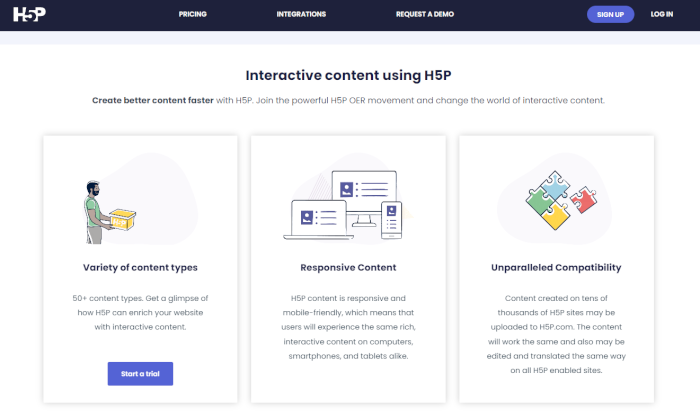
For our part, we developed a full delivery platform that comes with a course library to help companies get started. We also offer an authoring service that will deliver a 30min interactive course every week or so for $250 a month. That is about 3% of the cost of creating one hour of online content in 2000!
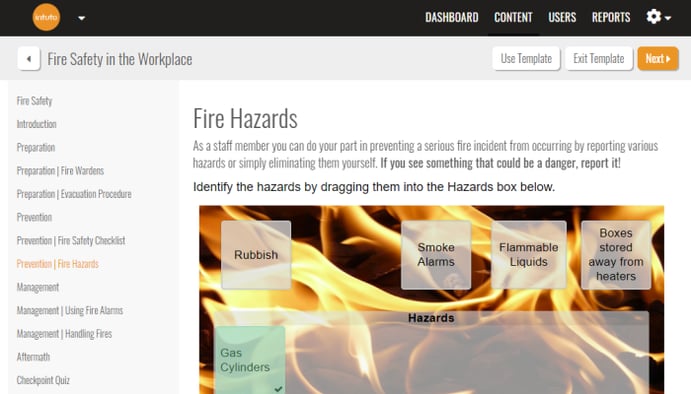
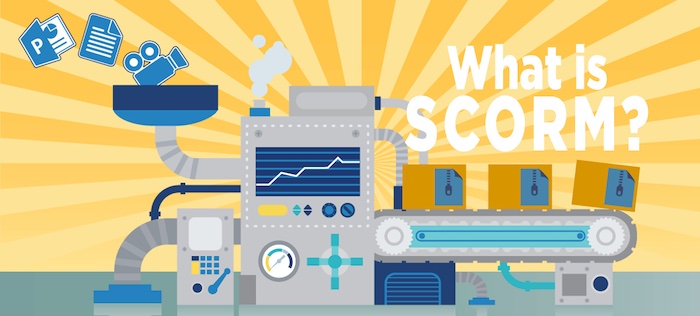
Why wasn’t SCORM there from the start? If you don’t know what SCORM is, you are probably lucky, and unless you have a good reason to dig into it, I...

There is no doubt that 2020 was a year that changed how people interact in many facets of life. One of those is the delivery of training. Technology...

In an era where associations face mounting pressure to deliver high-quality education while managing tight budgets, Learning Management Systems (LMS)...